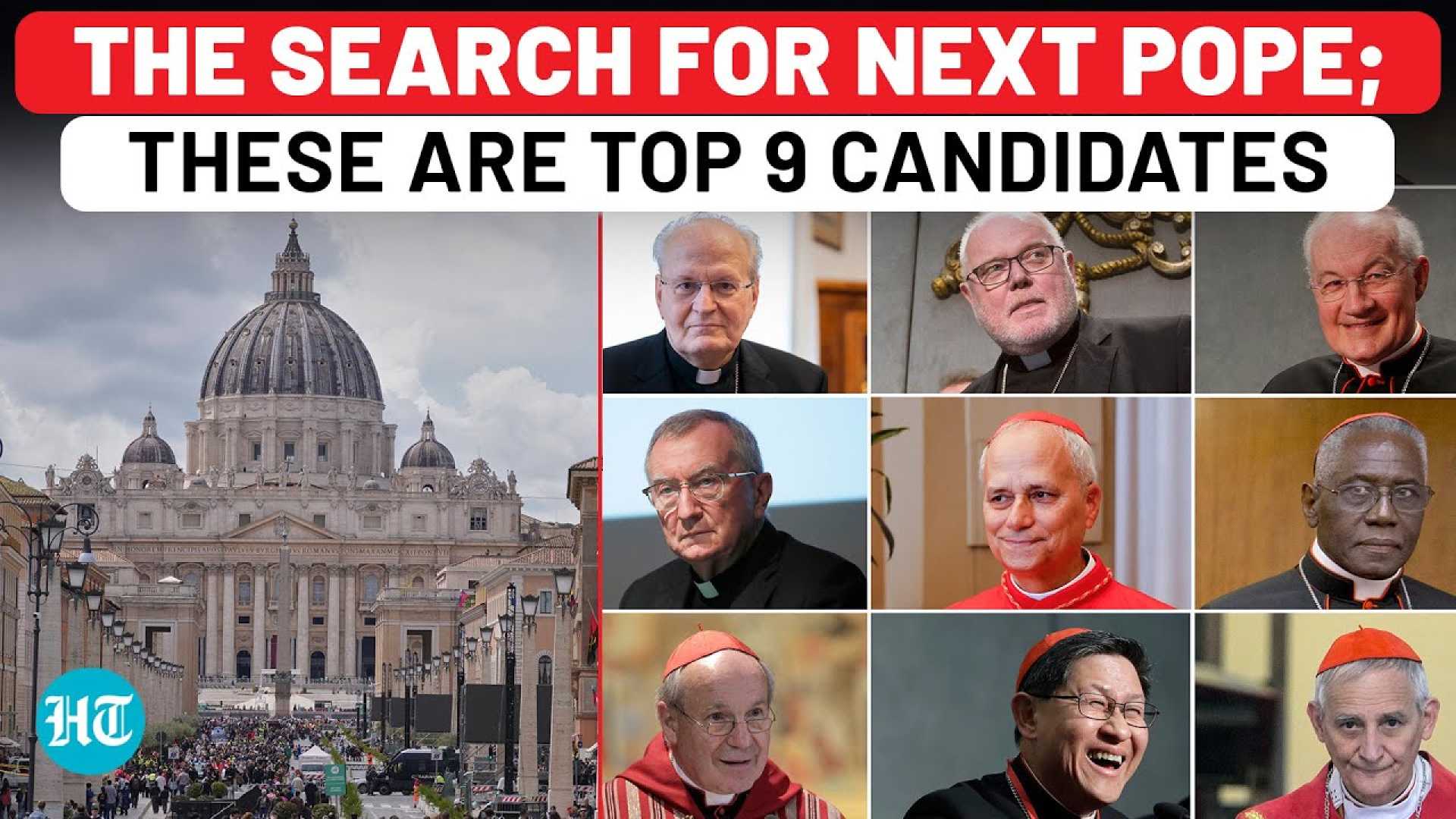World
The Race for the Next Pope: Candidates and Controversies Revealed

VATICAN CITY — Following the death of Pope Francis, the Catholic Church is preparing for the papal conclave, a centuries-old ritual where cardinals gather to elect the next pope. With the recent passing of Francis and a more diverse College of Cardinals, speculations around potential successors have intensified.
“The 135 cardinals who will vote are less predictable than ever before,” said a Vatican observer. Many of the electors have no prior experience with a papal conclave, making the process even more uncertain. There is currently no clear favorite among the candidates.
Leading contenders include Italian Cardinal Pietro Parolin, secretary of state under Francis since 2013. At 70, he is viewed as a diplomatic candidate, having managed key Vatican agreements, including one with China. However, critics argue his association with this accord may damage his credibility.
Another strong candidate is Cardinal Matteo Zuppi, age 69, archbishop of Bologna. Zuppi has a reputation as a peacemaker and has been involved in conflicts across Africa. “He blends progressive ideals with a pastoral approach,” said Massimo Faggioli, a theology professor. Despite being close to Francis, his relative inexperience could raise concerns among voters.
Cardinal Péter Erdő, 72, from Hungary, is seen as a more conservative candidate, garnering support from traditionalist cardinals. Erdő’s scholarly background positions him well, but some are wary of his more rigid views on social issues.
Filipino Cardinal Luis Antonio Tagle, known for his charisma and social justice advocacy, is another candidate to watch. At 67, he is often referred to as the “Asian Pope Francis” and is recognized for his ability to connect with the marginalized. However, recent administrative challenges in his role at Caritas Internationalis might raise questions about his leadership capabilities.
Additionally, emerging figures like Cardinal Pierbattista Pizzaballa from Jerusalem and Cardinal Mykola Bychok from Ukraine are gaining attention. With backgrounds steeped in conflict resolution and advocacy, they present compelling narratives for the role.
The conclave’s voting will take place in the Sistine Chapel, where cardinals will be sworn to secrecy and isolated from the outside world. Voting occurs via secret ballots, and only a two-thirds majority can elect a new pope.
As the Catholic Church gears up for this pivotal event, its future direction rests on the shoulders of a more diverse and unpredictable electorate. The world will be watching closely to see who emerges as the next spiritual leader of 1.4 billion Catholics.












